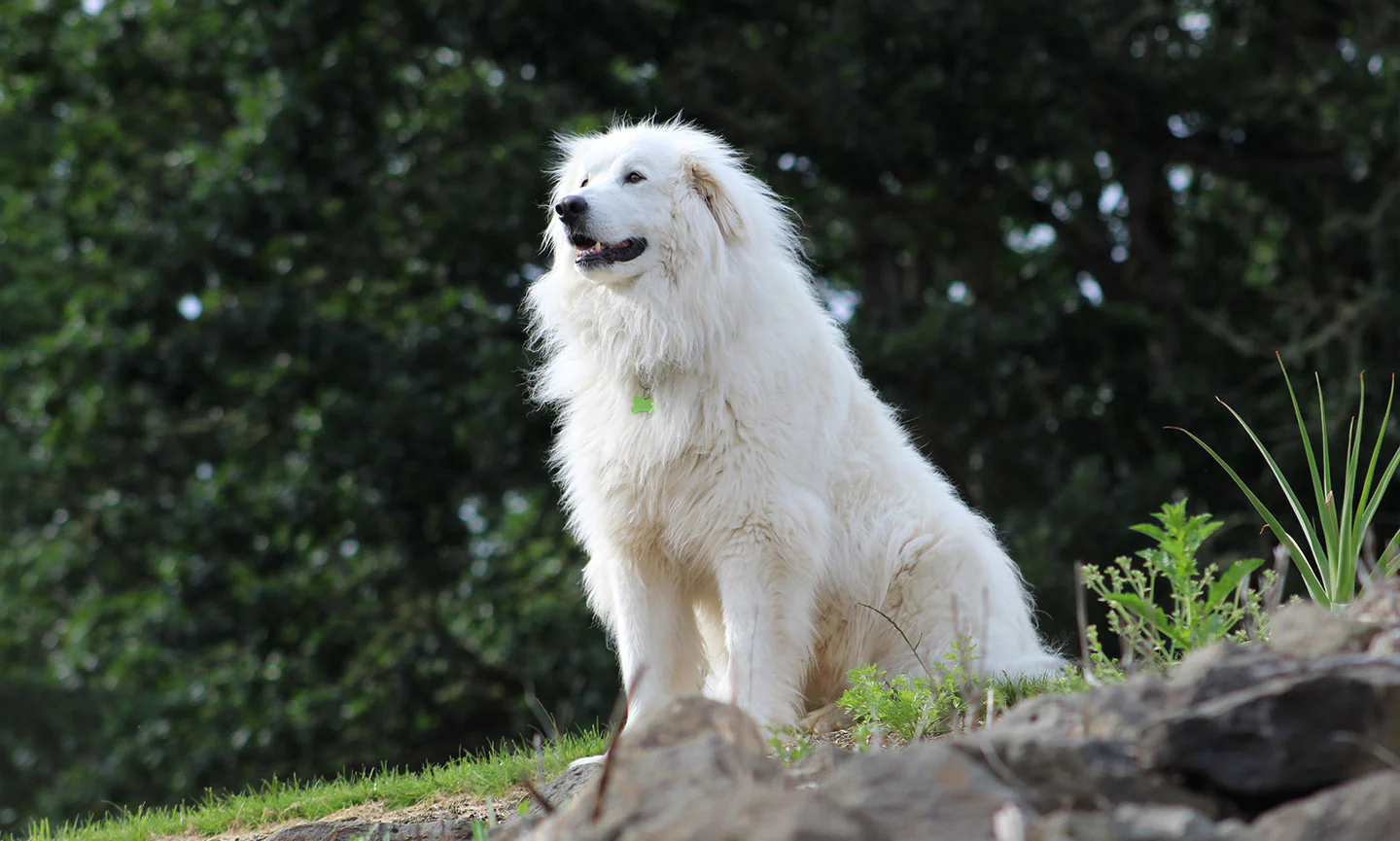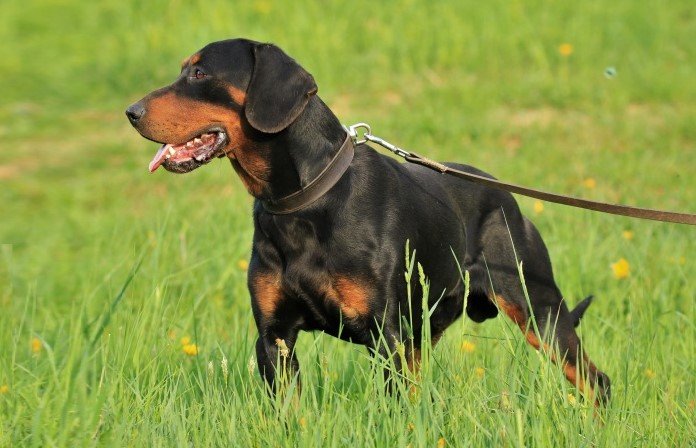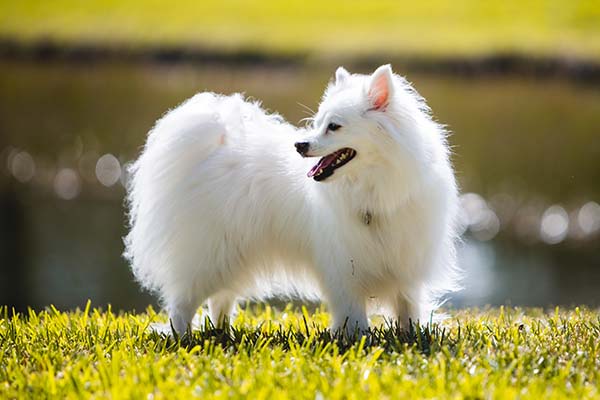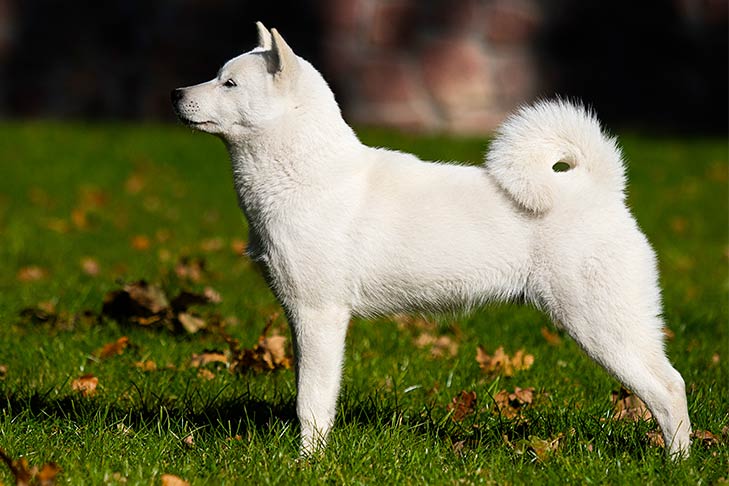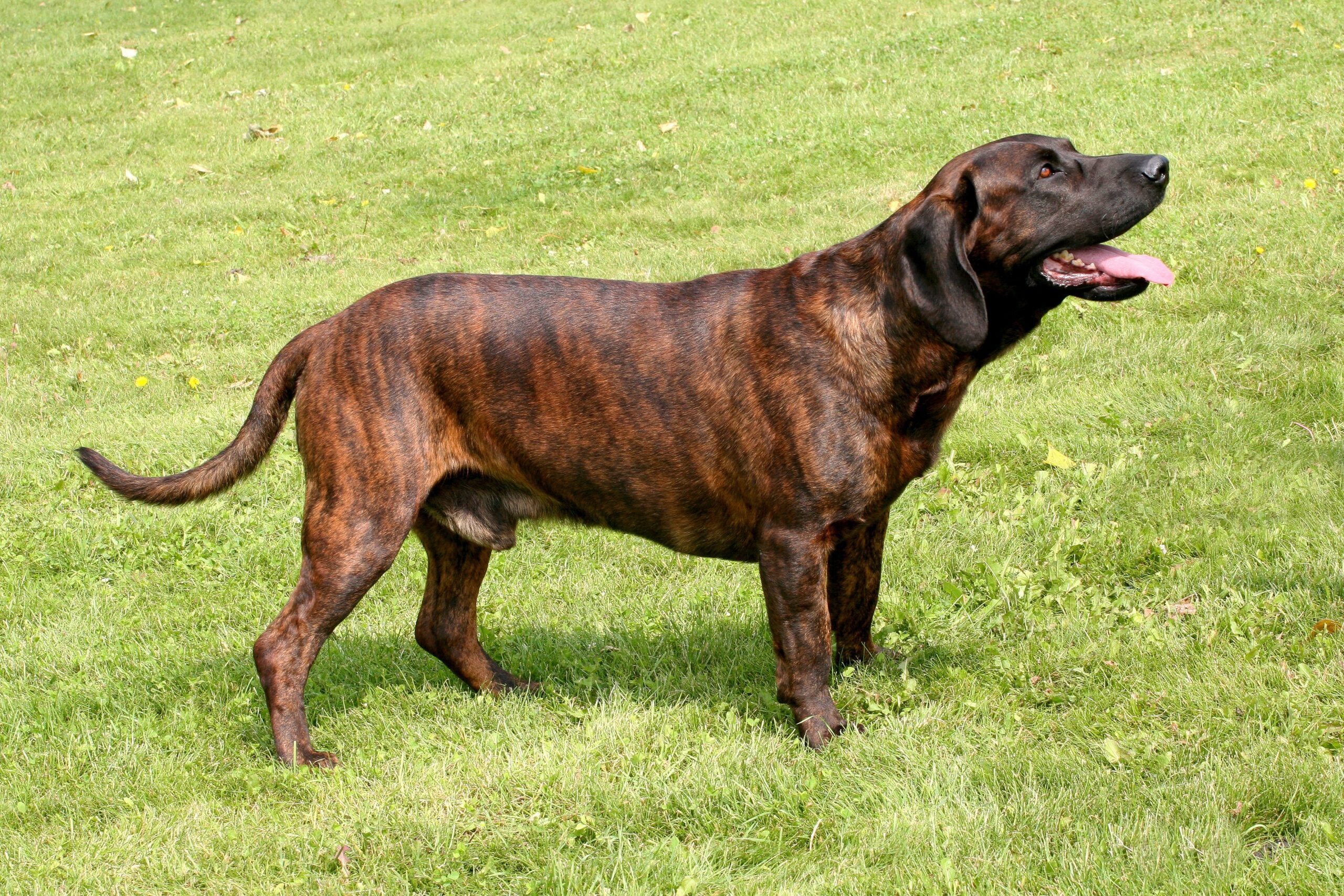Introduction
Great Pyrenees is a large, majestic breed of dog that was originally bred for guarding sheep in the Pyrenees Mountains of France and Spain. They are known for their calm and patient temperament, intelligence, loyalty, and protective instincts. Great Pyrenees are often used as therapy dogs and are popular family pets due to their gentle nature and willingness to please their owners.
Great Pyrenees Temperament
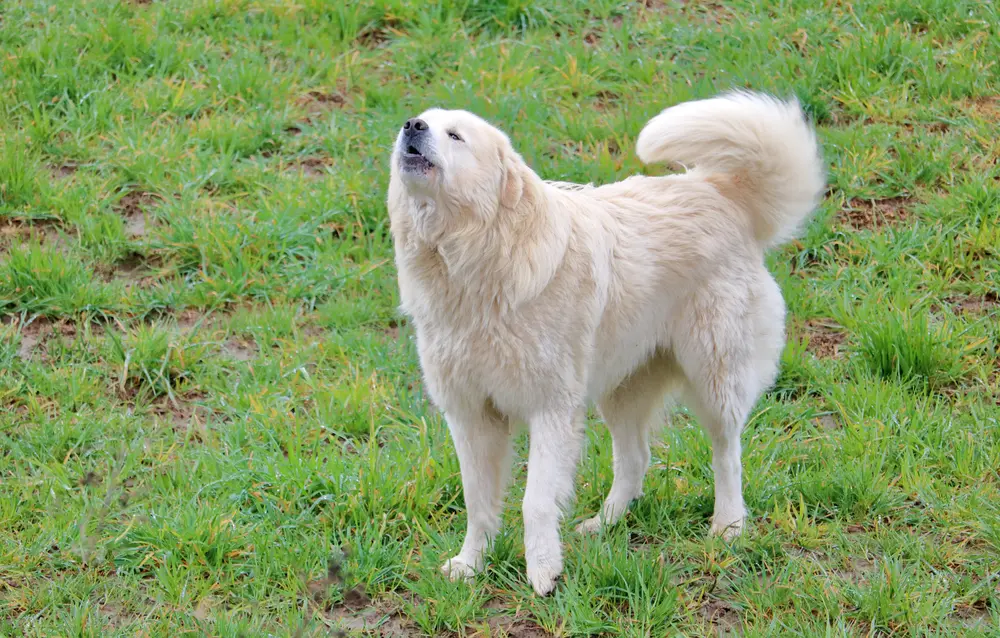
Great Pyrenees are known for their gentle and protective nature. They are calm and patient, making them excellent family dogs. They are intelligent, independent, and loyal to their family, but they can also be stubborn at times. They have a strong instinct to protect their family and property, and they may be reserved or aloof around strangers. As working dogs, Great Pyrenees have a strong prey drive and may be prone to wandering if not properly trained and socialized. They are also known for their tendency to bark, which can be managed through training.
Aggression
Great Pyrenees are known for being a protective breed and may exhibit aggressive behavior if they perceive a threat to their family or property. This can include barking, growling, and even biting. Proper socialization and training from a young age are important to help prevent aggressive behavior. It’s also important to provide them with enough exercise and mental stimulation to prevent boredom, which can lead to destructive behavior. Consulting with a professional dog trainer or behaviorist can also be helpful in addressing any aggressive behavior in Great Pyrenees.
Health and Lifespan
The reported lifespan range of Great Pyrenees is typically 10 to 12 years. However, like all breeds, individual dogs may live shorter or longer than this range depending on their overall health and care.
Food for Great Pyrenees
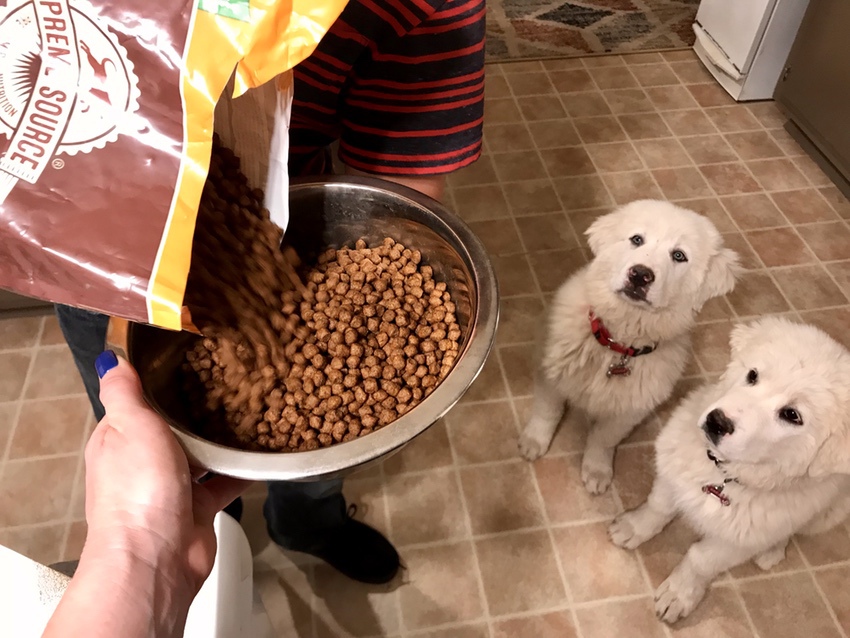
Great Pyrenees are large breed dogs with a moderate to high activity level. They require a well-balanced diet that is appropriate for their size, age, and activity level. Ideally, the food should contain high-quality protein sources, such as chicken, lamb, or fish, as well as complex carbohydrates like brown rice, sweet potatoes, and peas. Additionally, incorporating healthy fats, like omega-3 and omega-6 fatty acids, can help support their skin and coat health.
Training for Great Pyrenees
They have independent and stubborn personalities, making training challenging. However, patience, consistency, and positive reinforcement can effectively train them. Start early, socialize, and use rewards for good behavior. Teach basic commands and provide specialized training as livestock guardians. Keep sessions short and enjoyable to keep your dog engaged.
Conclusion
Great Pyrenees are beautiful, majestic dogs that make wonderful companions and guardians. They are known for their loyalty and protective nature, as well as their gentle and patient demeanor with their families. To keep your Great Pyrenees healthy and happy, it’s important to provide them with a balanced diet, regular exercise, and plenty of love and attention. With proper care, these wonderful dogs can bring joy and companionship to their families for many years to come.
